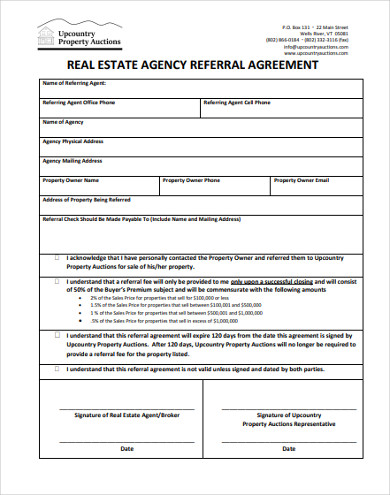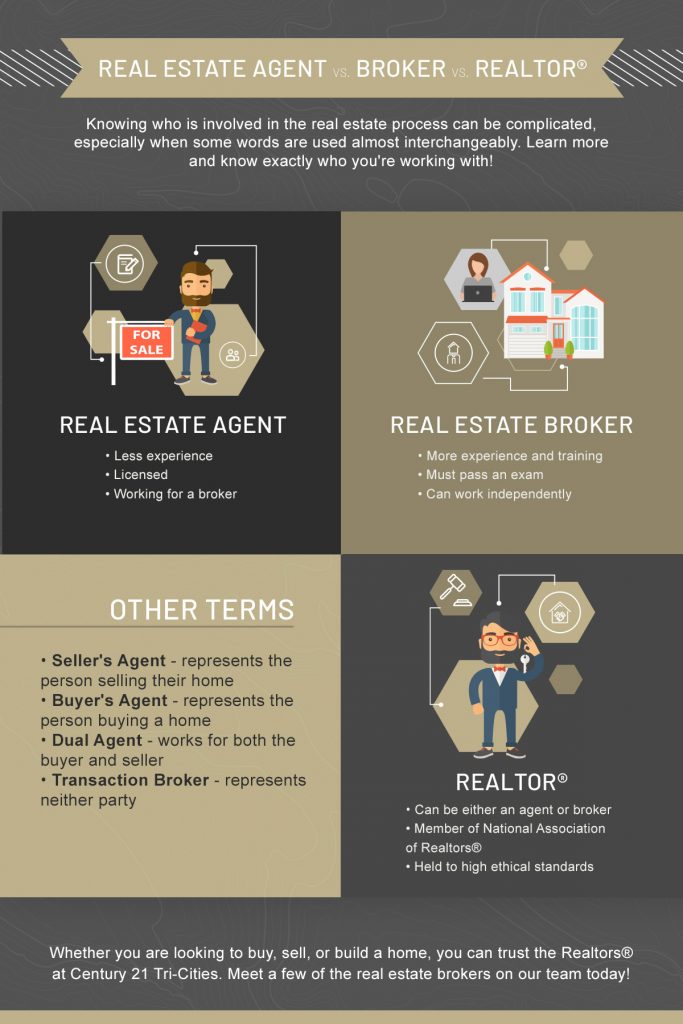
Diversification is crucial to the success and sustainability of your real estate investment portfolio. Diversifying means not putting all of your eggs on one basket but finding the right balance between risk/reward. To do this, consider investing in different types of property and locations. Diversification can include renting out one property and buying another. This strategy has proven to produce high profits for many investors. To learn more about real estate investing, read on:
Building a real estate portfolio
Depending on your goals, building a real estate portfolio should include a mix of smart investments that generate cash flow. A portfolio might include properties that have stable tenants, growth potential, and are affordable to manage. You will need to consider your goals and risk tolerance when creating a portfolio. However, these steps will help you get started. Here are a few tips for building a real estate portfolio.
As with any other business, building a real estate portfolio requires planning. You need to find a buyer and arrange financing. It is possible that you will need to locate funding sources for your next investment property. A comprehensive business plan will make this easier. If you build a realty portfolio, it will make it easier to make informed decisions about the worth of each property. Also, you'll need to figure out how to finance the properties in your portfolio.

Tokenization in real estate
For businesses with real estate properties in progressive jurisdictions, tokenization of real property portfolio investment is an option. Tokenized property investment allows the investors to have ownership of the real-estate, which is often a income-producing asset. The real estate security token holders can decide how to distribute the income. Smart contracts let investors make these decisions automatically, decreasing transaction costs and time. Tokenization of real property portfolio investment requires that the real estate security must be located in a country with strong protection laws for private property rights. This makes it difficult to use the same legal framework outside the U.S.
In timeshare programs, hundreds of investors currently own real property. Tokenization is flexible for both investors as well as owners. It also reduces the traditional uncertainty of real estate. The blockchain technology behind tokenization makes it easier for real estate investors to invest in tokens than traditional investment avenues. Tokenization is a great way to invest in real property.
Calculating the returns of real estate investments
There are many variables to consider when calculating the returns on your real-estate portfolio investment. The property's condition, financing terms, and market conditions all play a part in how much you'll end up making. However, it's crucial to set realistic goals and closely monitor your investments. If you aren't seeing the desired ROI in your investments, you might need to reevaluate your strategy, adjust your expenses or refinance your mortgage.
When calculating the ROI of real estate investments, another important factor is the inflation rate. While real estate can provide stable returns, REITs could produce volatile returns. Capitalization rate (CAPR), a measure of investment performance, is one way. This figure is calculated by taking the net operating income of an investor for the past year and subtracting it from the current market price of the property. When comparing properties with similar capitalization rates, it's helpful to have this information at hand.

Invest in multiple rental properties
Multi-tenant rental properties are a great way to diversify your portfolio and increase your real estate investment. You can make multiple streams of income from one property. This is a good idea in times of uncertain economic conditions. However, this approach may be difficult to finance. These are some ways to get started. Research is essential before you begin investing. Get to know the market.
Your savings potential should be considered. Before investing in a rental home, you should have enough cash to cover the 20% down payment. Experts in rental property management recommend that you have a cushion of cash to purchase multiple properties. This is especially helpful if you plan on buying multiple properties. It is possible to have enough cash in your bank account to cover your monthly expenses for a property you own that was purchased within two to three year of the last one.
FAQ
What should you think about when investing in real property?
You must first ensure you have enough funds to invest in property. If you don't have any money saved up for this purpose, you need to borrow from a bank or other financial institution. Aside from making sure that you aren't in debt, it is also important to know that defaulting on a loan will result in you not being able to repay the amount you borrowed.
You must also be clear about how much you have to spend on your investment property each monthly. This amount must include all expenses associated with owning the property such as mortgage payments, insurance, maintenance, and taxes.
Finally, you must ensure that the area where you want to buy an investment property is safe. It would be best to look at properties while you are away.
What are the top three factors in buying a home?
The three most important factors when buying any type of home are location, price, and size. It refers specifically to where you wish to live. Price is the price you're willing pay for the property. Size refers the area you need.
What are the advantages of a fixed rate mortgage?
Fixed-rate mortgages allow you to lock in the interest rate throughout the loan's term. This means that you won't have to worry about rising rates. Fixed-rate loans have lower monthly payments, because they are locked in for a specific term.
What are the downsides to a fixed-rate loan?
Fixed-rate loans are more expensive than adjustable-rate mortgages because they have higher initial costs. You may also lose a lot if your house is sold before the term ends.
How can I find out if my house sells for a fair price?
If you have an asking price that's too low, it could be because your home isn't priced correctly. Your asking price should be well below the market value to ensure that there is enough interest in your property. You can use our free Home Value Report to learn more about the current market conditions.
Statistics
- The FHA sets its desirable debt-to-income ratio at 43%. (fortunebuilders.com)
- When it came to buying a home in 2015, experts predicted that mortgage rates would surpass five percent, yet interest rates remained below four percent. (fortunebuilders.com)
- Some experts hypothesize that rates will hit five percent by the second half of 2018, but there has been no official confirmation one way or the other. (fortunebuilders.com)
- It's possible to get approved for an FHA loan with a credit score as low as 580 and a down payment of 3.5% or a credit score as low as 500 and a 10% down payment.5 Specialty mortgage loans are loans that don't fit into the conventional or FHA loan categories. (investopedia.com)
- Private mortgage insurance may be required for conventional loans when the borrower puts less than 20% down.4 FHA loans are mortgage loans issued by private lenders and backed by the federal government. (investopedia.com)
External Links
How To
How to manage a rental property
Although renting your home is a great way of making extra money, there are many things you should consider before you make a decision. We'll show you what to consider when deciding whether to rent your home and give you tips on managing a rental property.
Here's how to rent your home.
-
What are the first things I should consider? You need to assess your finances before renting out your home. If you are in debt, such as mortgage or credit card payments, it may be difficult to pay another person to live in your home while on vacation. It is also important to review your budget. If you don't have enough money for your monthly expenses (rental, utilities, and insurance), it may be worth looking into your options. This might be a waste of money.
-
How much is it to rent my home? Many factors go into calculating the amount you could charge for letting your home. These include factors such as location, size, condition, and season. Remember that prices can vary depending on where your live so you shouldn't expect to receive the same rate anywhere. Rightmove shows that the median market price for renting one-bedroom flats in London is approximately PS1,400 per months. This means that you could earn about PS2,800 annually if you rent your entire home. It's not bad but if your property is only let out part-time, it could be significantly lower.
-
Is it worth it. Doing something new always comes with risks, but if it brings in extra income, why wouldn't you try it? Make sure that you fully understand the terms of any contract before you sign it. Your home will be your own private sanctuary. However, renting your home means you won't have to spend as much time with your family. Before you sign up, make sure to thoroughly consider all of these points.
-
Are there benefits? You now know the costs of renting out your house and feel confident in its value. Now, think about the benefits. Renting out your home can be used for many reasons. You could pay off your debts, save money for the future, take a vacation, or just enjoy a break from everyday life. No matter what your choice, renting is likely to be more rewarding than working every single day. If you plan ahead, rent could be your full-time job.
-
How do I find tenants Once you've made the decision that you want your property to be rented out, you must advertise it correctly. Make sure to list your property online via websites such as Rightmove. You will need to interview potential tenants once they contact you. This will enable you to evaluate their suitability and verify that they are financially stable enough for you to rent your home.
-
What are the best ways to ensure that I am protected? If you are worried about your home being empty, it is important to make sure you have adequate protection against fire, theft, and damage. You will need to insure the home through your landlord, or directly with an insurer. Your landlord may require that you add them to your additional insured. This will cover any damage to your home while you are not there. This doesn't apply to if you live abroad or if the landlord isn’t registered with UK insurances. In these cases, you'll need an international insurer to register.
-
If you work outside of your home, it might seem like you don't have enough money to spend hours looking for tenants. Your property should be advertised with professionalism. You should create a professional-looking website and post ads online, including in local newspapers and magazines. Additionally, you'll need to fill out an application and provide references. Some prefer to do it all themselves. Others hire agents to help with the paperwork. It doesn't matter what you do, you will need to be ready for questions during interviews.
-
What do I do when I find my tenant. If you have a current lease in place you'll need inform your tenant about changes, such moving dates. If you don't have a lease, you can negotiate length of stay, deposit, or other details. It's important to remember that while you may get paid once the tenancy is complete, you still need to pay for things like utilities, so don't forget to factor this into your budget.
-
How do you collect rent? When it comes time for you to collect your rent, check to see if the tenant has paid. If they haven't, remind them. Before you send them a final invoice, you can deduct any outstanding rent payments. You can call the police if you are having trouble getting hold of your tenant. They will not usually evict someone unless they have a breached the contract. But, they can issue a warrant if necessary.
-
How can I avoid problems? While renting out your home can be lucrative, it's important to keep yourself safe. Install smoke alarms, carbon monoxide detectors, and security cameras. You should also check that your neighbors' permissions allow you to leave your property unlocked at night and that you have adequate insurance. You should never allow strangers into your home, no matter how they claim to be moving in.